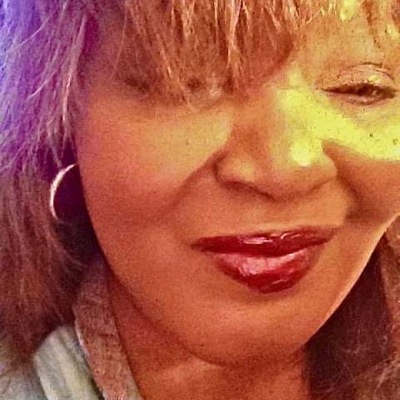The perception of Martin Luther King Jr. and Malcolm X is one where the two men are diametrically opposed figures in the battle against white supremacy (political insider vs. political renegade). The truth is more nuanced. King and Malcolm X shared “convergent visions” for the betterment of Black America. However, their strategies to attain their shared goal were shaped by their disparate upbringings.
1/
@blackmastodon@a.gup.pe @BlackMastodon@chirp.social #BlackMastodon #Histodons #History #StillWeRise


Malcolm X championed complete racial separation, rejecting any form of integration, and opposing King’s philosophy of nonviolence as a form of protest. Malcolm X viewed King’s nonviolent approach as defenseless against white racism.
12/
#BlackMastodon #Histodons #History #StillWeRise #CivilRights
Additionally, the two men diverged in matters of religion, which strongly influenced their respective philosophies. King, a Christian Baptist pastor, led the Southern Christian Leadership Conference and delivered his message primarily within churches.
13/
#BlackMastodon #Histodons #History #StillWeRise #CivilRights
Meanwhile, Malcolm X was a minister and prominent national spokesperson for the Nation of Islam. Nevertheless, their approaches to achieving racial justice and equality in the United States are widely perceived as divergent.
14/
#BlackMastodon #Histodons #History #StillWeRise #CivilRights
One of the main criticisms against Malcolm X was his perceived advocacy for racial separatism. However, Malcolm X and the Nation of Islam did not espouse segregation but rather separatism. In debates with figures like Bayard Rustin, Jim Farmer, James Baldwin, Louis Lomax, and others, Malcolm X argued that racial separatism was necessary because white people did not want Black people to be equal citizens with dignity.
15/
#BlackMastodon #Histodons #History #StillWeRise #CivilRights
Malcolm X believed that if white people truly desired black Americans to be citizens, there would have been no need for protests, experiences of police violence, or brutality. Children wouldn’t have had to face integration challenges at Little Rock High School, and young people wouldn’t have had to endure arrests and brutality at lunch counters.
16/
#BlackMastodon #Histodons #History #StillWeRise #CivilRights
His idea of separatism involved Black people fostering self-love and confidence, organizing and building parallel institutions. Due to the pervasive disease of racism in America, racial integration into American democracy was impossible.
17/
#BlackMastodon #Histodons #History #StillWeRise #CivilRights
Malcolm X’s “by any means necessary” approach to protest aimed to empower Black people to defend themselves against police brutality. He argued that Black people had the right to self-defense. Furthermore, he pointed to anti-colonial revolutions across Africa and the Third World in the 1950s and '60s to support the notion that utilizing self-defense was essential for true revolution against racial terror.
18/
#BlackMastodon #Histodons #History #StillWeRise #CivilRights
On the other hand, King’s stance on non-violent protest versus self-defense was nuanced. Although he championed nonviolence, King had people around him, particularly during demonstrations, who carried arms to protect him and other peaceful civil rights activists from racial terror. These individuals were not armed in the same manner as the Black Panthers would later be, but they aimed to ensure the safety of demonstrators.
19/
#BlackMastodon #Histodons #History #StillWeRise #CivilRights
While King had armed guards during the Montgomery bus boycott after his home was firebombed, he usually did not have his own people armed. Nevertheless, there were civil rights activists in the Deep South who, although not directly associated with his Southern Christian Leadership Conference, protected him and other demonstrators against racial terror.
20/
#BlackMastodon #Histodons #History #StillWeRise #CivilRights